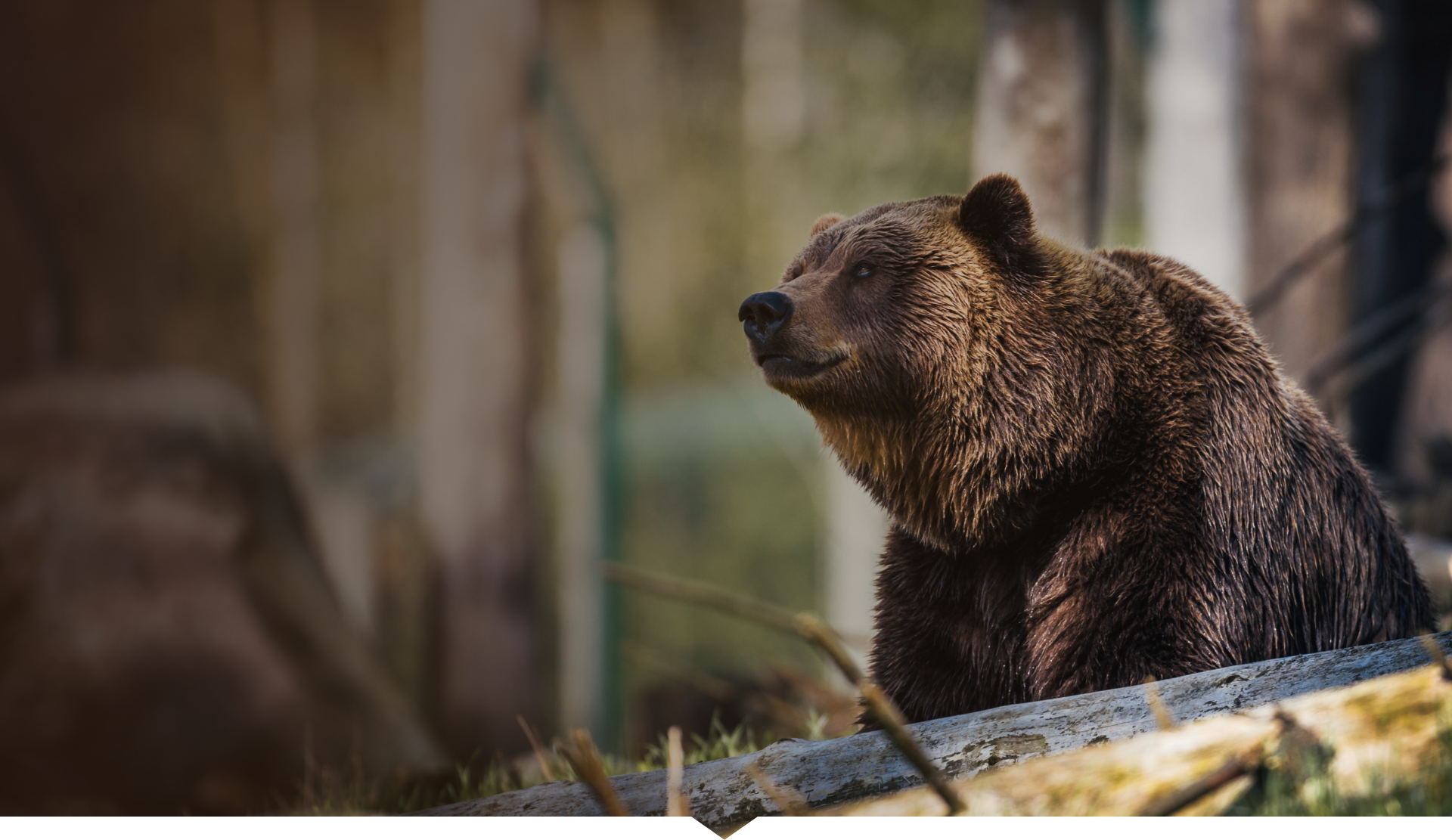Andean bear conservation can be strengthened by transmitting ecological knowledge that challenges
preconceived negative, and often baseless or misleading notions about the bears. In rural communities children are key actors to receive and share this knowledge. They can bring home new perceptions about Andean bears and influence their families to change their negative, if present, attitudes towards bears. These perceptions are presented and developed in an educational space in rural schools where the Andean bear becomes the main study subject for a group of children. They can learn most of the bear’s nature through creative and playful activities based on records and ecological data obtained in their local area.
This project, supported by Bears in Mind since 2024, aims to implement Andean Bear schools in four communities close to Mamapacha mountain range, a protected area important for bear conservation in the Eastern Cordillera of Colombia. As in other places where people are in close contact with bear populations, coexistence can be conflictive. The main goal of the project is to disseminate actual knowledge about the nature and ecology of the Andean bear to children of Mamapacha rural communities and in doing so to reach the adult population and give new perspectives for them to manage the human-bear conflict.





